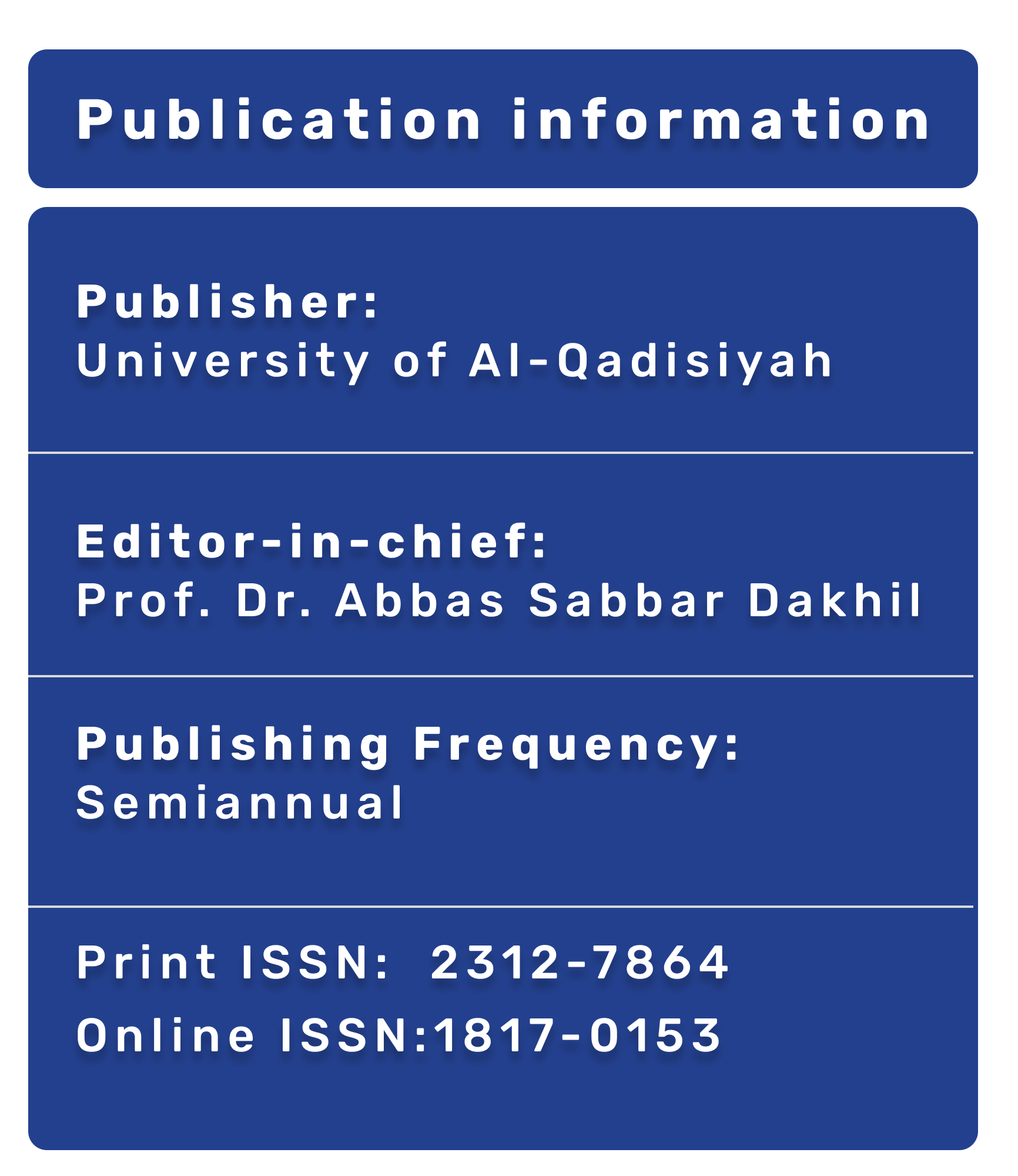A study of the risk factors of kidney stones in Karbala
DOI:
https://doi.org/10.28922/qmj.2023.19.1.40-44Keywords:
Calculi,Recurrence, Incidence,Gender, Occupation, Age, Marital Status, Daily habits, Healthy dietAbstract
Background
The recurrence and incidence of kidney stones are both high among Iraqis. The review paper offers details on the diagnostics, pathophysiology and epidemiology of kidney stone development, as well as techniques for assessing stone risks in both follow-up and new patients. Recurrence of stones could be avoided with proper management and assessment. The various dangers associated with each form of stone must be considered in the medical and dietary management of kidney stone avoidance. The most effective means of preventing kidney stones from recurring are the identification of such risk factors and the implementation of long-term management methods for dealing with them.
Aims of study: to determine the most prevalent risk factors that might result in urinary calculi.
Material and Methods: In the al- Hussain teaching hospital in Karbala, 100 subjects participated in a cross-sectional study.
Results: 31% of whom were female, while 69% were males, were (35-45 years) is the higher percent about 30%, were suffering from kidney stones, this study found a significant association between gender and each of (smoking, eating too much meats, eating too much potatoes, eating too much sugar or sodium, if patient taking antacid, vitamin C, aspirin, diuretics, if any relatives suffer from stones and BMI values) P<0.05.
Conclusions :There is association between dietary habit of high sodium intake and eating animal protein and age, gender, occupation, family history with occurrence of renal stone








